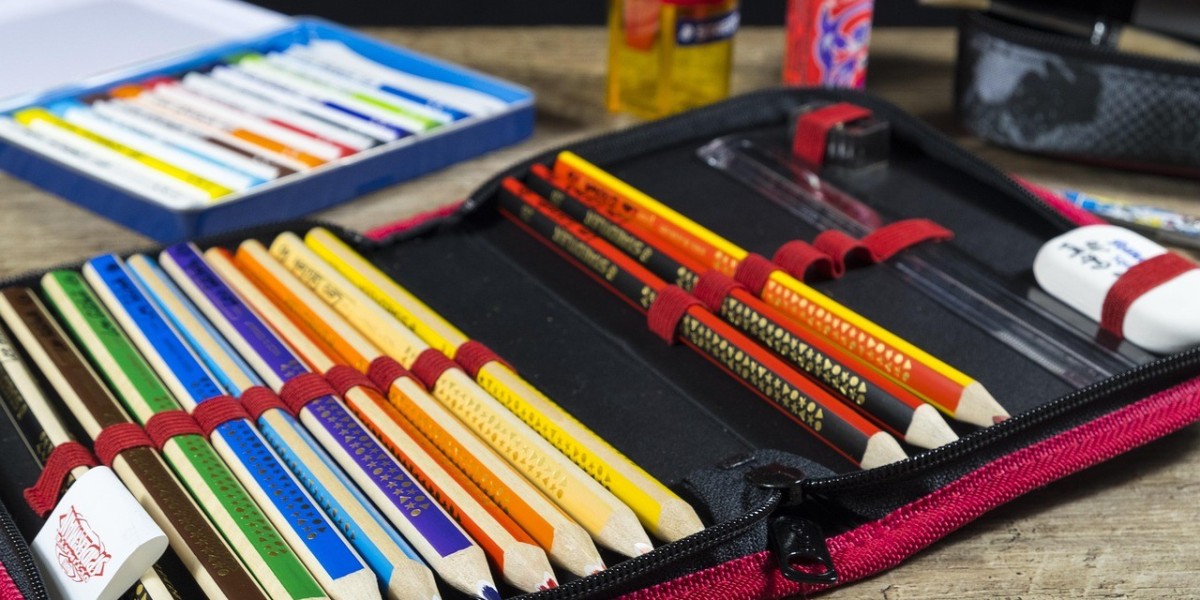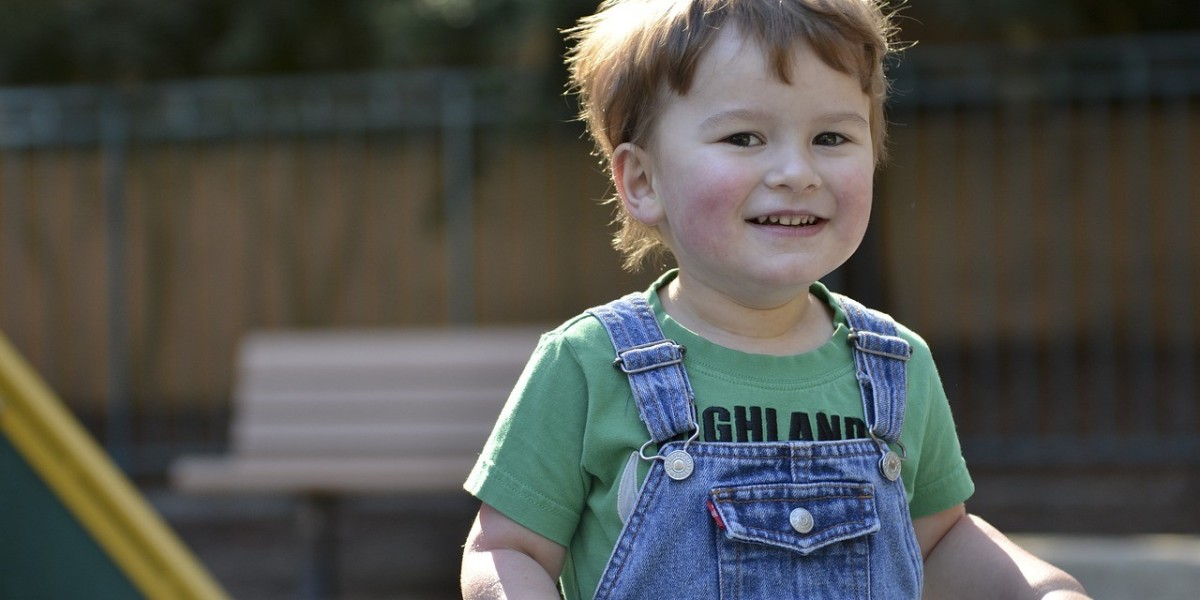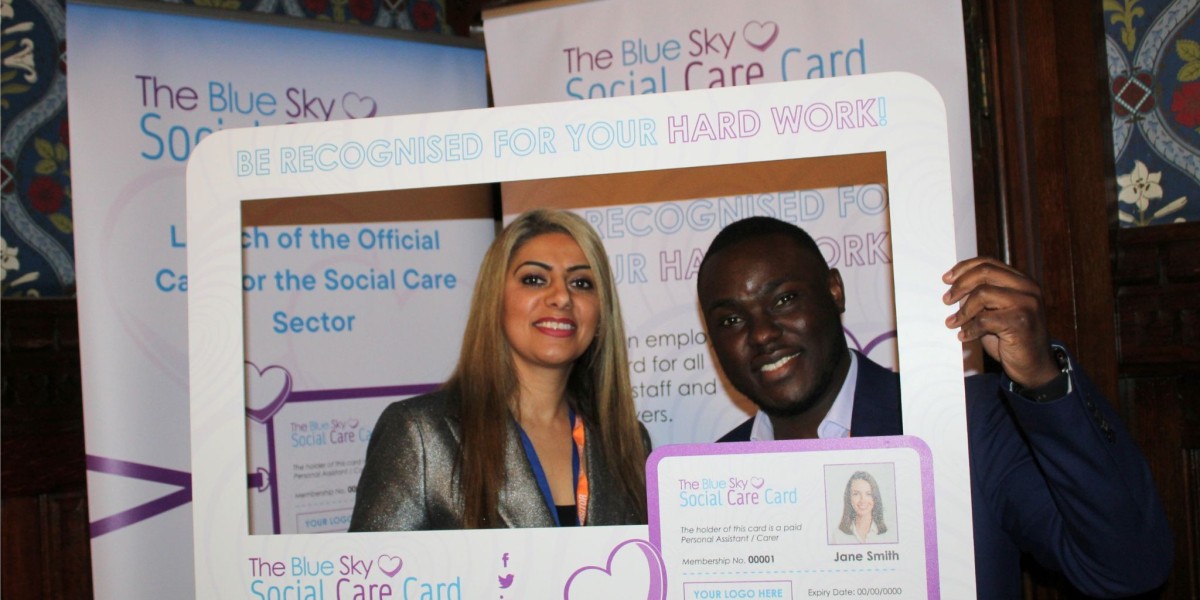The countdown to the end of the school year has begun. While many families are excited for a break from school runs and homework, for parents of neurodiverse children—particularly those with autism, ADHD, or sensory processing difficulties—the looming six-week summer holiday can feel like a logistical and emotional challenge.
Changes in daily routine, new environments, unpredictable plans, and social pressures can feel overwhelming to children who thrive on consistency. But with some planning, understanding, and a flexible mindset, you can help your child navigate this transition smoothly and even create a summer full of joyful, calm moments.
Why the Summer Holidays Can Be Challenging
For many neurodiverse children, routine isn't just helpful—it's essential. A structured school day provides predictable patterns, clear expectations, and sensory consistency. When that disappears during the holidays, children may experience heightened anxiety, emotional outbursts, or withdrawal.
The social expectations of summer—whether it's day trips, family gatherings, or summer camps—can also add pressure. Sensory sensitivities may make sunny parks, noisy beaches, or bustling events difficult to tolerate, while the unstructured nature of long days at home can lead to boredom, dysregulation, or meltdowns.
Top Tips to Prepare and Support Your Child
Create a Visual Summer Schedule
Many neurodiverse children respond well to visual aids. Use calendars, visual timetables, or picture-based charts to map out each week. Even if plans change, seeing an outline of the day or week ahead provides reassurance and a sense of control.
Stick to a Basic Routine
While you don’t need to mirror the structure of the school day, keeping regular mealtimes, bedtimes, and quiet times can be incredibly grounding. Familiar rituals—like breakfast routines or bedtime stories—offer stability even when the days are more flexible.
Use Social Stories or Role Play
If you're introducing something new—whether it’s a holiday, playdate, or dentist appointment—use social stories or simple role play to walk through the experience step-by-step. Talk about what your child might see, hear, and feel, and how they can respond.
Plan Predictable, Low-Stress Fun
Rather than jam-packing the holidays with outings, try a mix of calm indoor activities and short outdoor trips. Crafts, puzzles, water play, baking, and movie afternoons can provide fun with a lower sensory load. Build in predictable “event” days like “Garden Games Monday” or “Pizza Night Friday” to give your child things to look forward to.
Allow Downtime
Don’t underestimate the value of quiet, unstructured time. Neurodiverse children often need more time to rest and decompress. Create a designated “quiet space” in the house where they can retreat when overwhelmed, with sensory-friendly items like soft lighting, weighted blankets, or calming music.
Help Them Express Emotions
Big transitions can stir big emotions. Use tools like emotion wheels or worry jars to help your child name and express their feelings. Reassure them that it’s okay to feel anxious or upset, and that you’re there to support them.
Have a Flexible Plan B
If an outing or plan becomes overwhelming, don’t be afraid to change direction. Let your child know ahead of time that it’s okay if things don’t go exactly as planned—your love and support aren’t conditional on “getting it right.”
Looking After Yourself
Supporting your child through the summer can be rewarding, but also exhausting. It’s important to take care of yourself too. Reach out to family and friends for practical support or emotional backup. Even a short walk, a cup of tea in peace, or a chat with another parent can make a huge difference.
Remember, you're doing your best—and that’s more than enough.
Let’s Talk Care – You’re Not Alone
At We Talk Care, we understand the unique joys and challenges of raising a neurodiverse child. Our online community offers a safe, supportive space where you can connect with other parents, share ideas, ask questions, or simply vent without fear of judgement.
Whether you’re looking for advice on calming routines, tips for travel, or just someone who gets it, we’re here.
Join the We Talk Care community today—because caring is easier when you’re not doing it alone.







